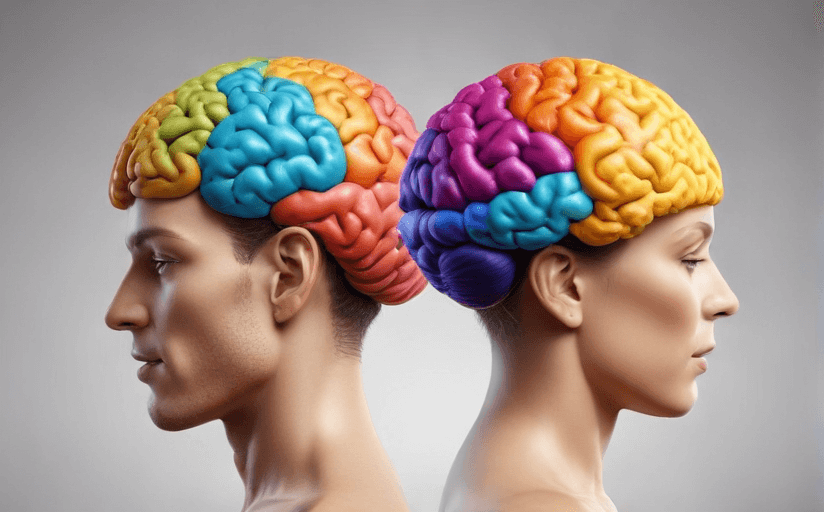Sports, Fitness and Mental Health – A Triumphant Trio
Physical health necessarily isn't just about being in good shape. It's equally about attaining and maintaining mental wellness. A plethora of scientific studies has corroborated the link between sports and fitness activities and mental health improvement. These benefits range from stress reduction, mood enhancement to increased concentration, and reduced anxiety and depression.
How Sports and Fitness Enhance Mental Health
Engaging in regular physical activities plays a cardinal role in sustaining mental health. It stimulates the secretion of endorphins, the feel-good hormones that act as natural painkillers and mood elevators, reducing stress and fostering feelings of happiness and euphoria.
The mental benefits of sports and exercise extend to the betterment of mental disorders like anxiety and depression. A 2016 study in the American Journal of Psychiatry found that even one hour of exercise a week can prevent depression. The correlation between physical activity and reduced symptoms of anxiety is also backed by substantial scientific evidence.
Regular fitness activities also spur brain health and cognitive functions. By ameliorating memory, enhancing concentration, and improving sleep, these activities bolster the overall mental well-being.
Varying Benefits of Different Sports and Exercises
The psychological benefits of sports and exercise can vary based on the nature of the activity. Aerobic exercises like running, biking, or swimming have been linked to the reduction of anxiety and depression symptoms. On the contrast, anaerobic exercises such as weightlifting can improve cognitive functions and boost self-esteem.
Individual vs Team Sports
Participation in sports can either be individual or team-based, and both these types come with distinct mental health benefits. Individual sports like swimming or running require focus and self-motivation, hence fostering autonomy, self-confidence, and time-management. In contrast, team sports like football or basketball promote cooperation and communication, improving social skills, and fostering a sense of community and belongingness.
Incorporating Sports and Fitness into Everyday Life
Implementing sports or fitness activities into the daily routine needn't be a monumental task. Even actions as simple as taking the stairs instead of the elevator, walking to the nearby supermarket, or doing a few stretches during work breaks can make a significant difference.
Delta Between Physical and Mental Health
Physical and mental health are two sides of the same coin. Good physical health can bode well for mental wellness, leading to improved mood, increased energy, and better sleep. Regular physical activity not only keeps your body in good shape but also helps maintain mental balance and tranquility.
To sum up, sports and fitness activities are commendable tools to improve mental health and overall well-being. By incorporating such activities into everyday life, a path towards a cheerful and healthier existence can be paved.

















Comments
Leave a Comment